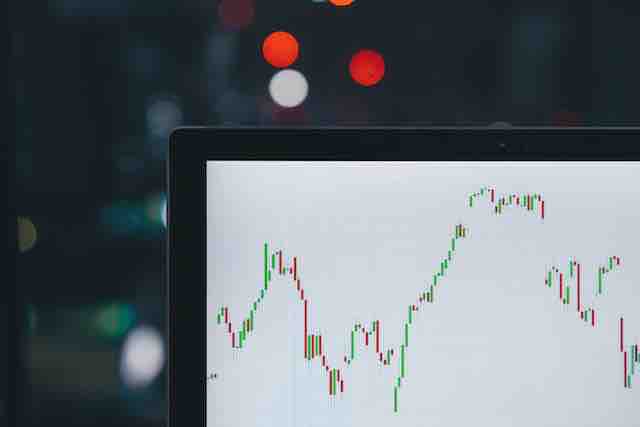As the global economy continues to recover from the COVID-19 pandemic, inflation and market trends are evolving rapidly. With fluctuations in consumer spending, shifts in monetary policies, and the effects of these changes on investments, it’s essential to stay informed about the latest developments. In this article, we’ll dive into the latest trends in inflation and markets to help you better understand the financial landscape.
Rising Inflation: Key Factors Driving Growth
Inflation has been on the rise globally, with many central banks reporting higher consumer price index (CPI) figures. Several factors contribute to this trend, including:
Supply chain disruptions: The pandemic has caused significant disruptions in global supply chains, leading to shortages and higher prices for various goods and services.
Pent-up demand: As economies reopen, consumers are eager to spend, driving up demand and, consequently, prices.
Increased government spending: To stimulate economic recovery, governments around the world have implemented various fiscal measures, injecting large sums of money into their economies, which can lead to inflationary pressures.
Impact on Consumer Spending and Investments
Higher inflation can have both positive and negative effects on consumer spending and investments. On the one hand, rising prices can encourage consumers to spend more now, anticipating even higher prices in the future. On the other hand, inflation erodes the purchasing power of money, making it more challenging for consumers to afford goods and services.
For investors, inflation can be a double-edged sword. While some assets, such as stocks and real estate, can offer protection against inflation, others, like bonds, can suffer as rising interest rates decrease their value.
Central Banks’ Response to Inflation
In response to the inflationary trends, central banks worldwide are adjusting their monetary policies. Many have begun tightening measures, such as raising interest rates or reducing bond-buying programs, to curb inflation and maintain price stability. These actions can impact markets by affecting borrowing costs and investors’ appetite for risk.
Staying Informed and Adapting Your Strategy
With the ever-changing landscape of inflation and markets, it’s crucial to stay informed about the latest trends and developments. By understanding the factors driving inflation, the impact on consumer spending and investments, and central banks’ responses, you can make better-informed decisions about your financial strategy.
In conclusion, monitoring the latest trends in inflation and markets is vital for everyone, from consumers to investors. By staying informed and adapting your financial strategies, you can navigate the complexities of the global economy and make the most of your hard-earned money.












